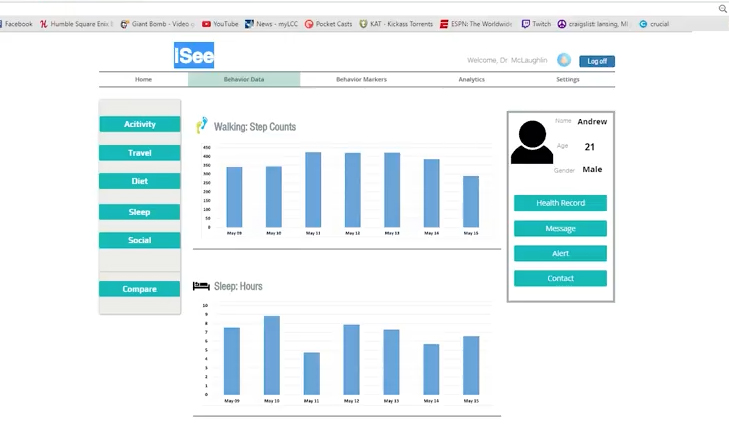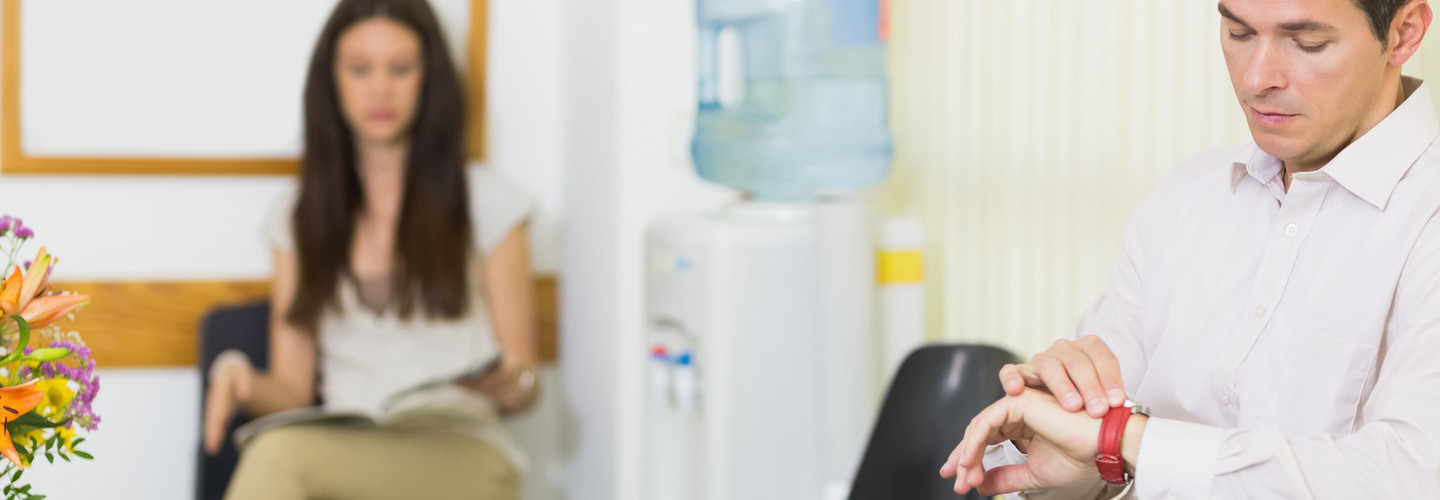Michigan State University App Helps College Students with Depression
For many, college is a time to explore interests, hone skills and pinpoint a future career. But for some students, the university campus is a place of anxiety and loneliness.
More than half of students on college campuses have reported feeling hopeless or lonely in the past year, both common indicators of depression, reports USA Today. Even more alarming is this stat: two-thirds of students who are struggling with issues like depression do not seek treatment.
Students that do seek treatment might be finding even more challenges. University counseling centers, many of them understaffed or with limited budgets, are reporting steady growth in the number of students seeking treatment for depression, anxiety and social anxiety, according to The Huffington Post. That means long wait times to see a clinician. Ben Locke, executive director of the Center for Collegiate Mental Health at Penn State University, told HuffPost that some students are reporting three- to four- week waits for treatment.
Researchers at Michigan State University are hoping to change that. Enter iSee, an app and wristband combo that will work twofold: helping college counseling centers more efficiently treat patients and helping students self-manage depression.
“The university counseling centers, which are often the only access point for students to receive mental health services, are facing very significant challenges to meet increasing demands,” says Mi Zhang, an assistant professor of electrical and computer engineering at MSU who is the project lead. “We really wanted to use technology to fuse that gap.”

A look at MSU's iSee system from a National Science Foundation promotional video.
Smartphone App Uses Data to Make Counseling More Efficient
Zhang says iSee — which just received a grant from the National Science Foundation to begin development — will take advantage of the reported 85 percent of young adults with smartphones to objectively track the behavior of students with depression.
“We’ve seen how important the smartphone is to the college population. The core of this technology will be using the sensors embedded in the smartphone,” Zhang says.
By using the smartphone’s built-in GPS, motion tracking and microphone, Zhang says the iSee app (and the wearable wristband similar to a Fitbit) will track a student’s behavior in terms of physical activity, social interactions and sleep patterns, then deliver that data on a dashboard to the clinician at the counseling center.
“We want to provide a very objective picture of the student in a longitudinal manner, not a snapshot,” says Zhang. “Clinicians can then extract very meaningful information about the patient’s mental state.”
Using this data, Zhang says clinicians can then make appointments with students based on the severity of their symptoms.
In a National Science Foundation video promoting the research, Scott Becker, the director of MSU’s counseling center, expressed his hope for the application.
“This new technology will help us dramatically by giving us more clinical data by monitoring students’ behavior in between appointments,” Becker says in the video. “It will allow clinicians to analyze the data and adjust the treatment.”
Tech Helps Students Improve Self-Care
Though providing counselors with more data is a priority, this technology will also harness machine learning to provide students with prompts to help manage their symptoms with self-care, Zhang says. Some of those self-care practices include guided meditation or soothing music to assist with troubled sleeping.
Jingbo Meng, an assistant professor in communication at MSU who is working on the project, says iSee can help foster a better relationship between students and counselors.
“Clinicians have said it usually takes until the fourth or fifth week of counseling for them to develop a solid relationship with a student,” says Meng. “That’s too long. We hope this technology can streamline this process.”
Zhang reports that progress on creating the application has been steady. Right now, the focus is integrating all of the sensor data into a usable app. Then, trials with counselors and students at MSU will begin, with Meng’s department of communication tracking the success of those trials.
After a pilot year at MSU, Zhang says he hopes to extend the technology to campus counseling centers across the country.
“We’ll evaluate the efficacy of the iSee system in helping clinicians make better diagnoses and decisions and helping students manage their depression symptoms,” Meng says.








